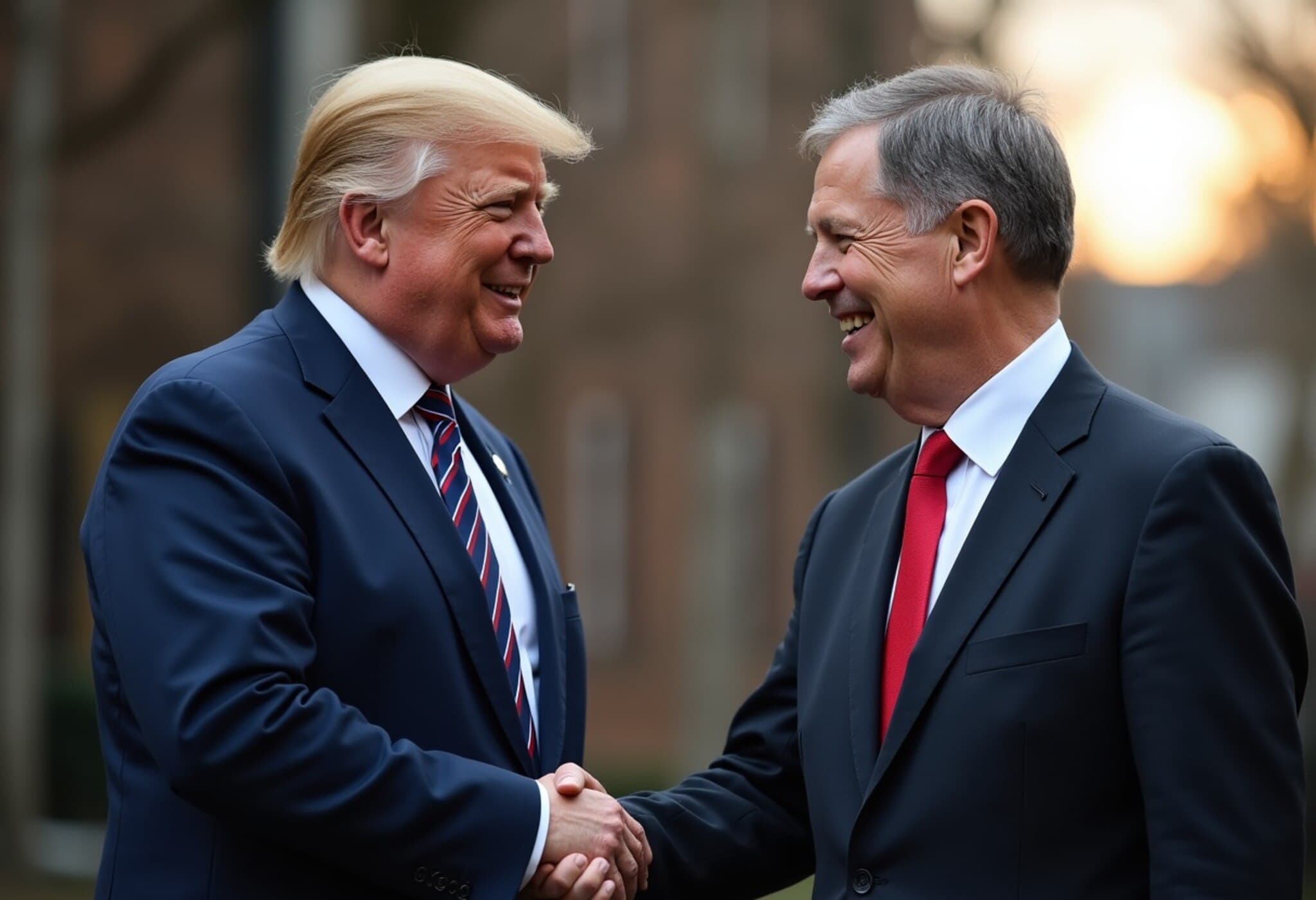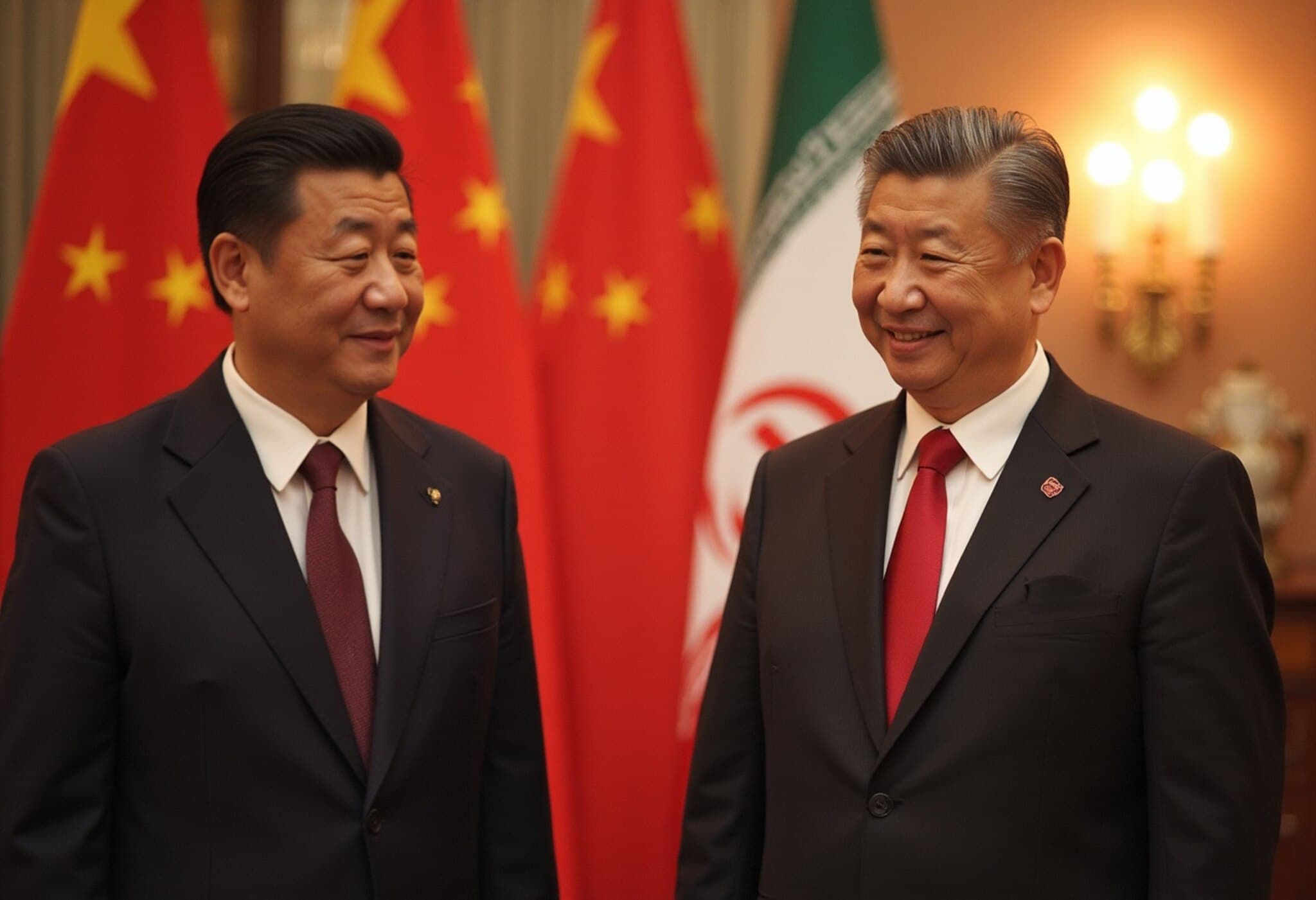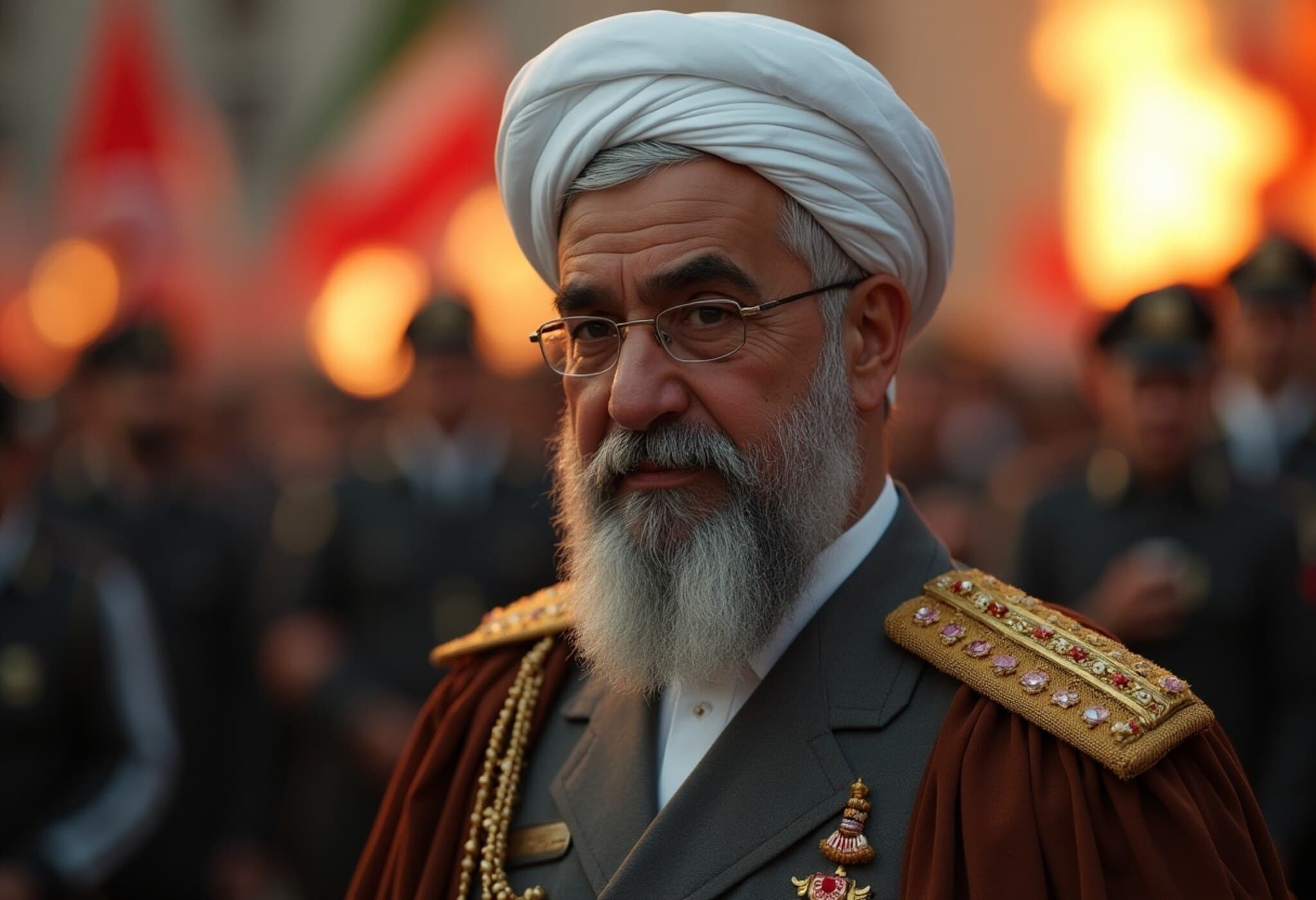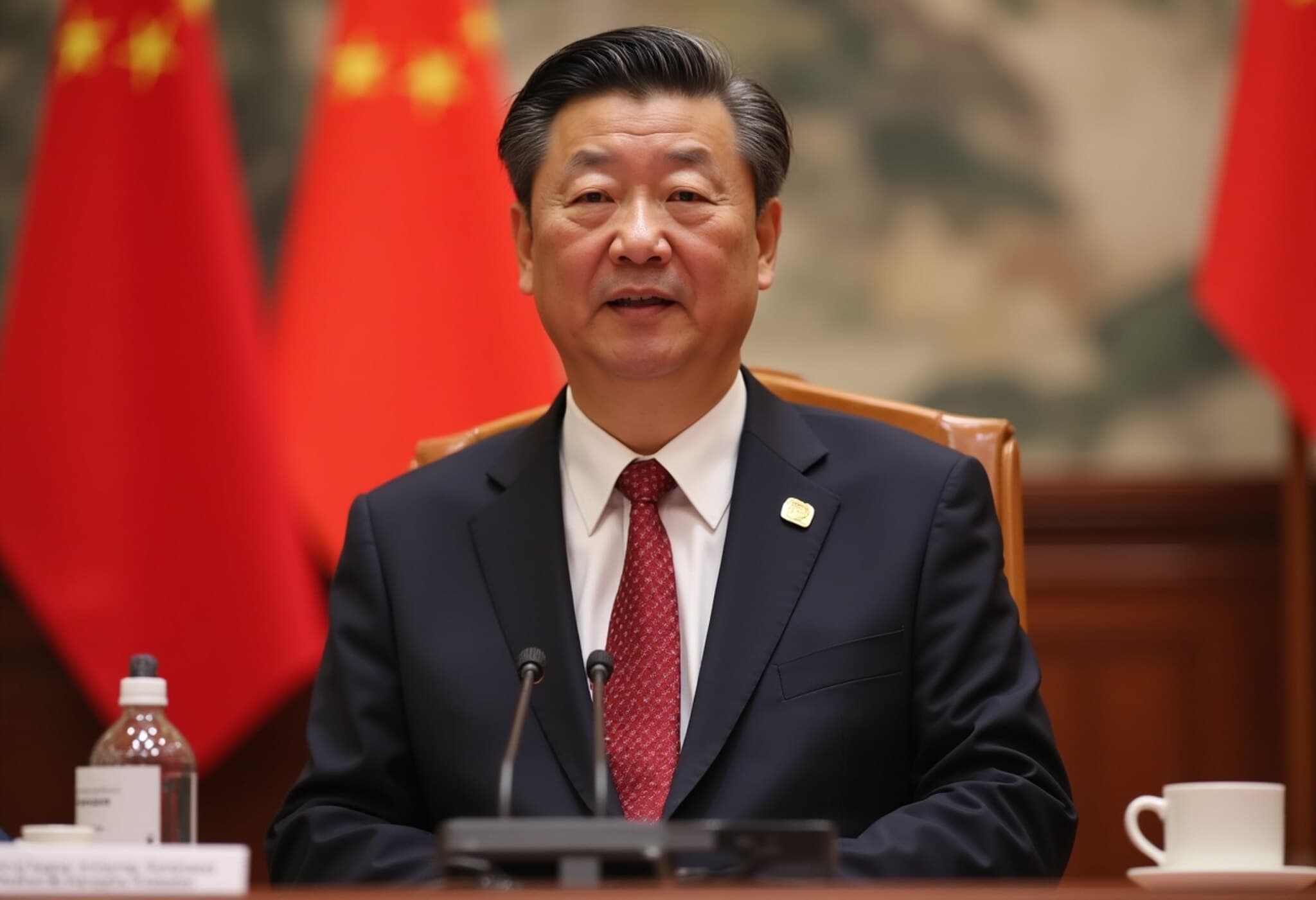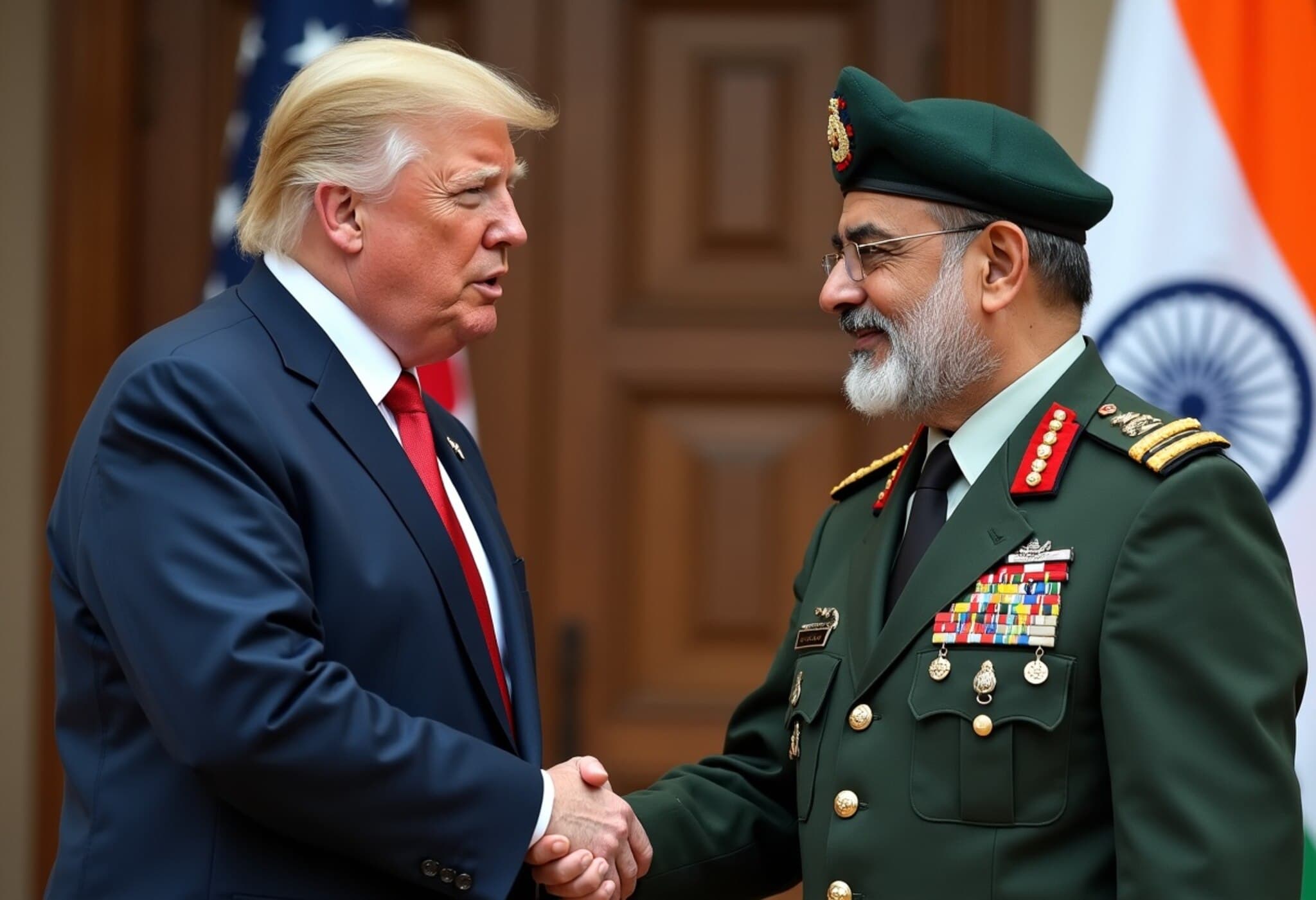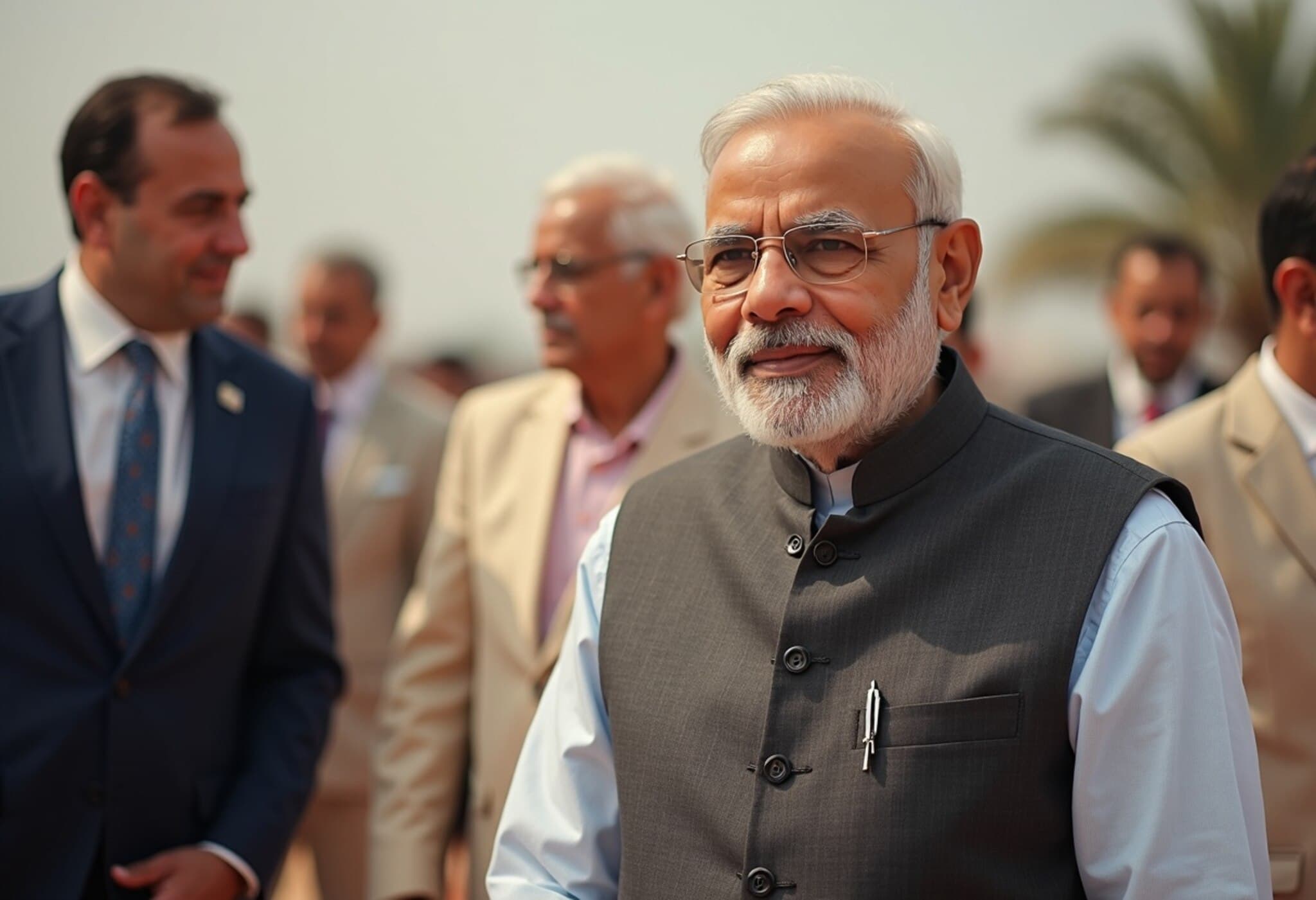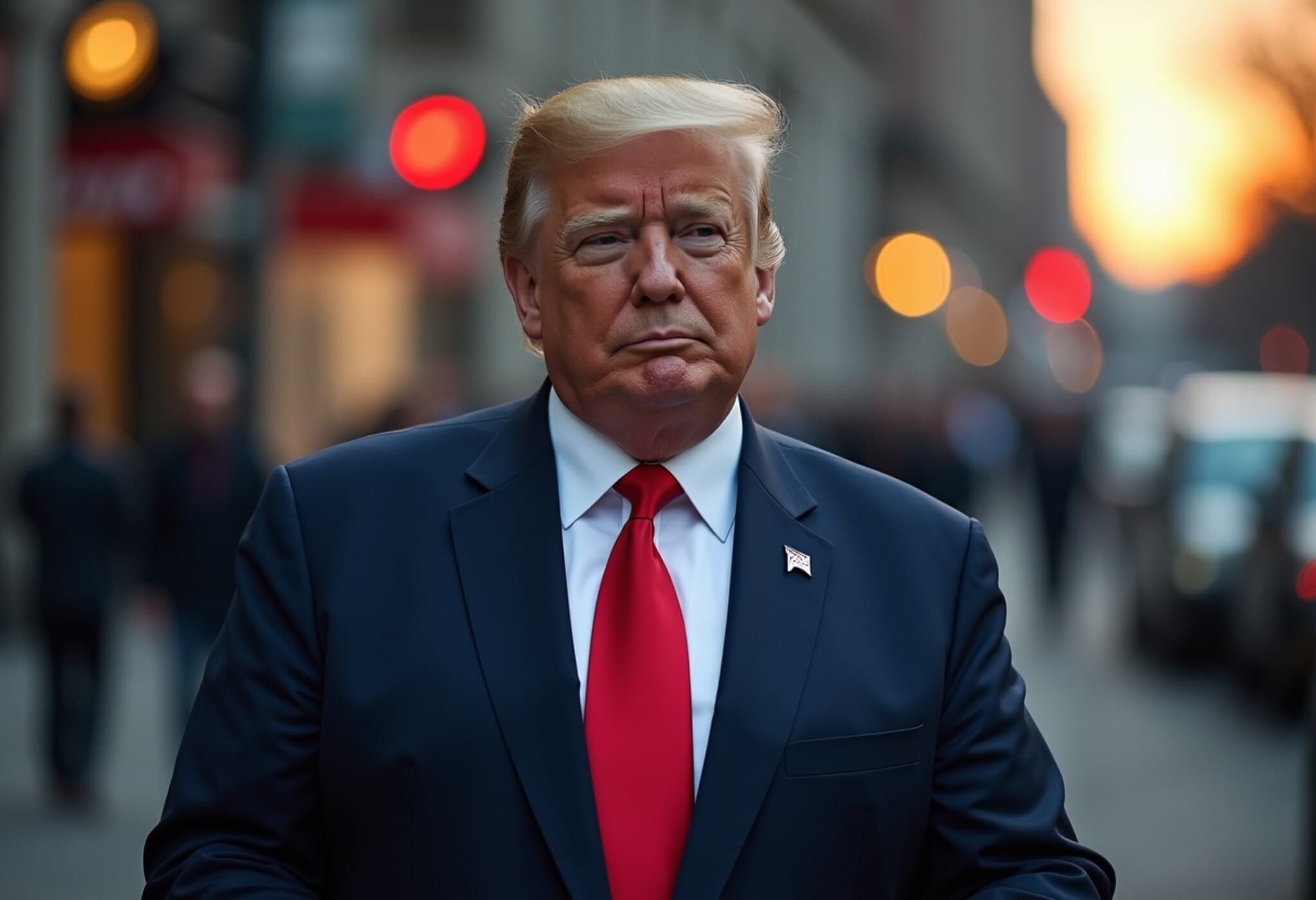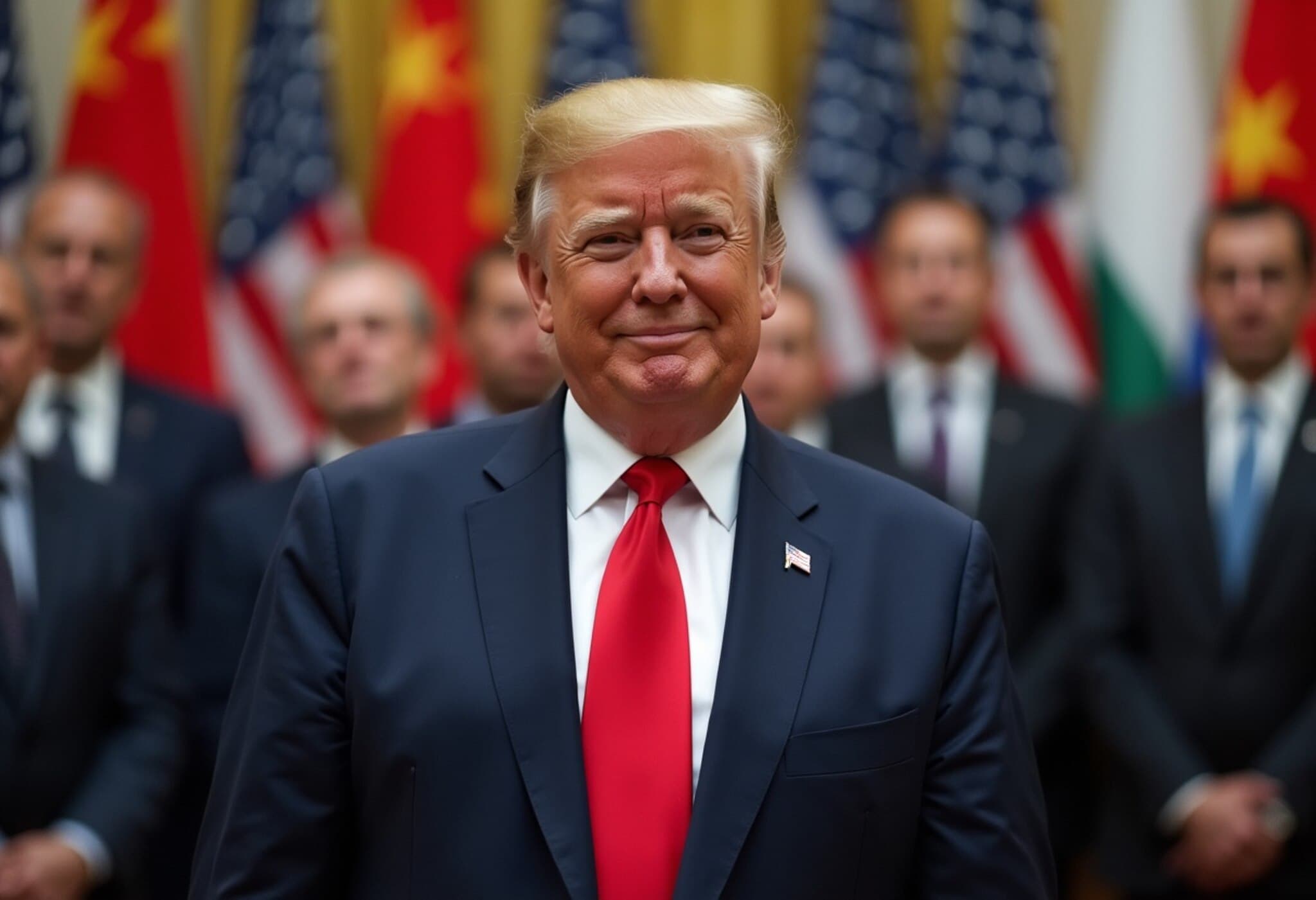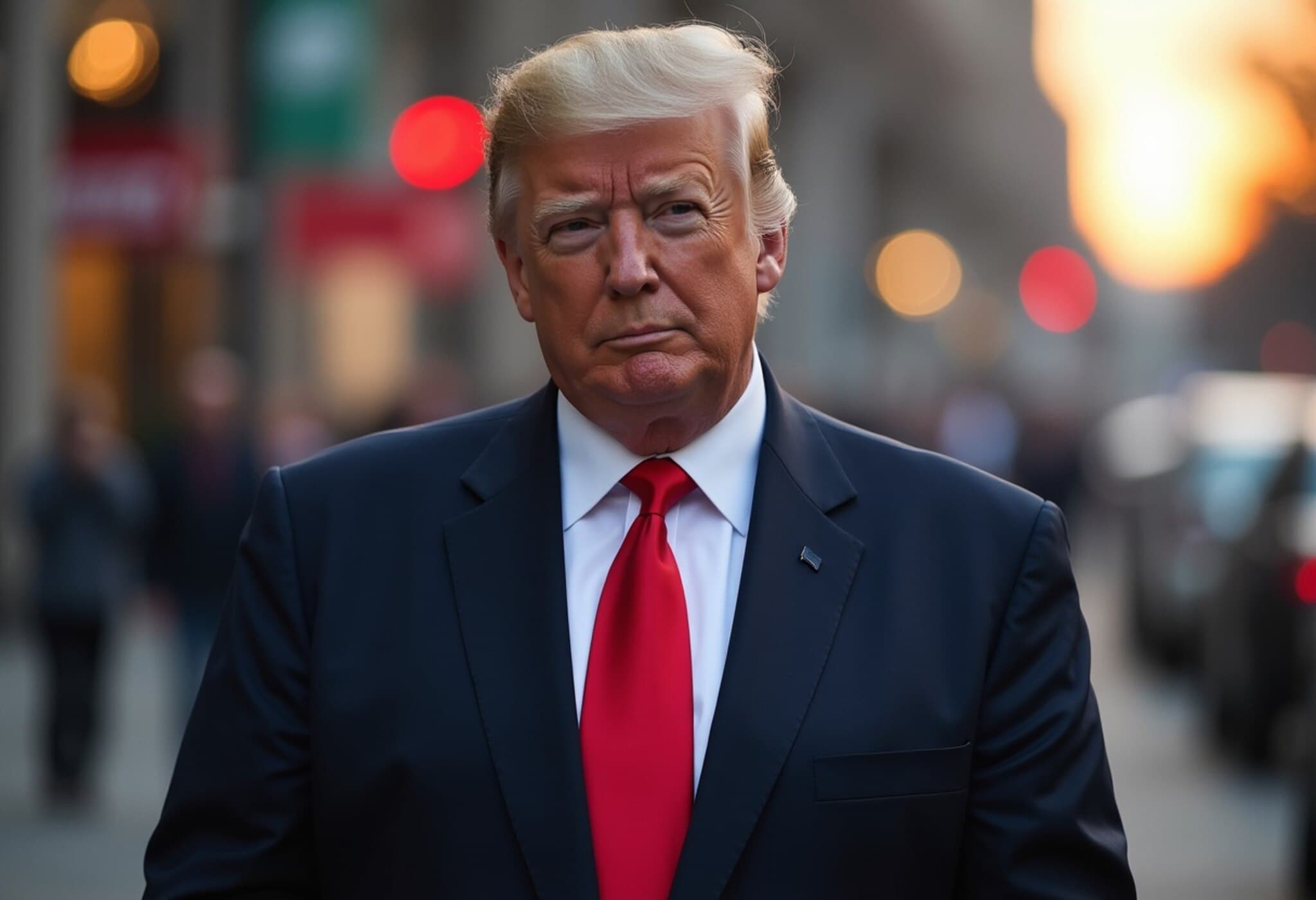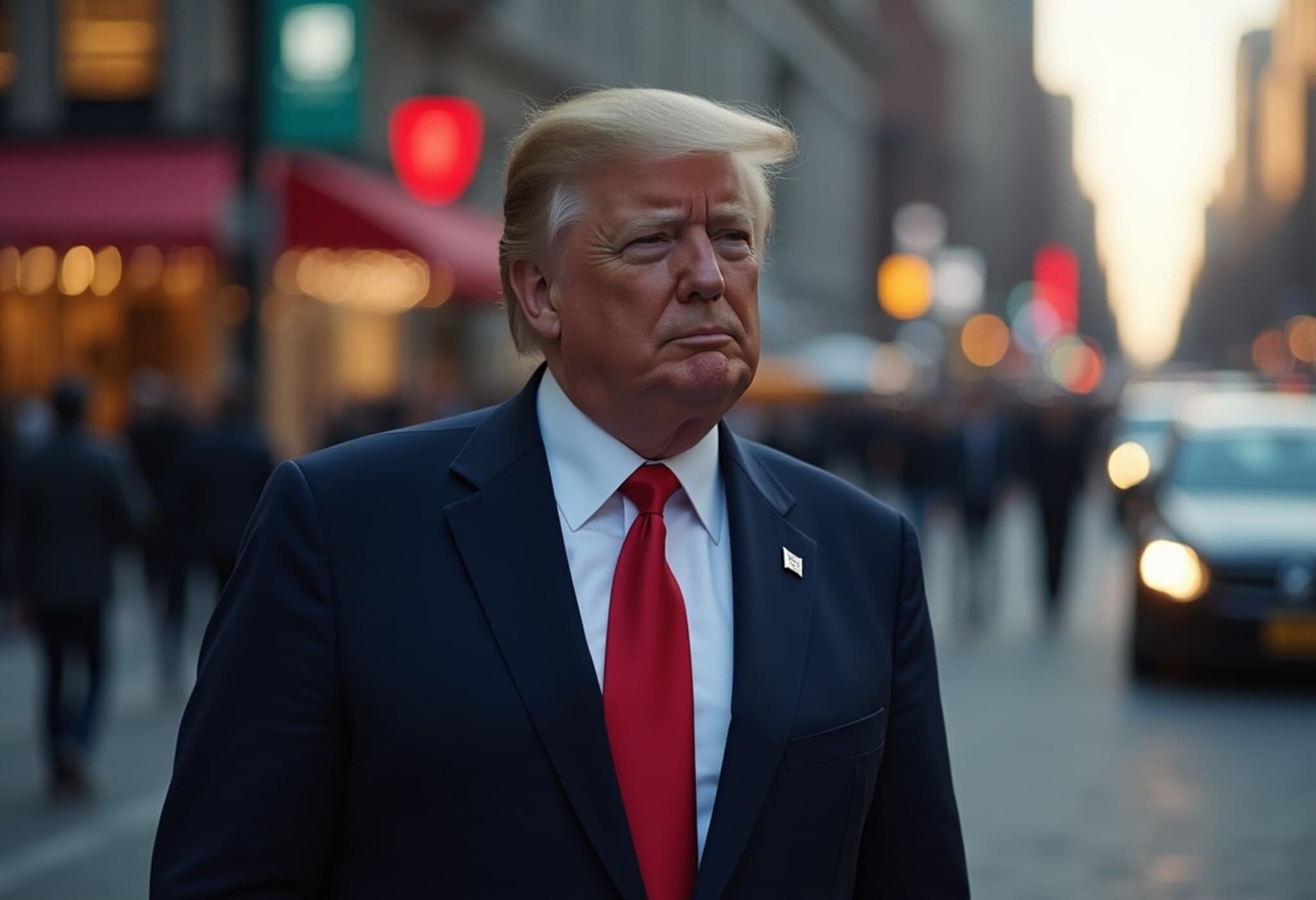The UK’s Unlikely Success in Winning Trump's Favor
Convincing former U.S. President Donald Trump to warm up to foreign leaders has long been considered a daunting task. Yet, the United Kingdom has managed to carve out a unique place in Trump's good graces, combining savvy diplomacy with shared cultural ties. Remarkably, the UK became the first country to finalize a trade deal under Trump’s administration, boasting reduced tariffs on key exports like cars and steel.
A Trade Deal Sealed with Personal Rapport
During a recent gathering at the G7 Summit, Trump openly expressed his fondness for the UK, stating, "The UK is very well protected. You know why? Because I like them. That's their ultimate protection." His enthusiasm for the newly signed trade agreement was evident as he called it a "fair deal for both" and spoke highly of the longstanding relationship between the two nations.
This warmth extended specifically toward British Prime Minister Keir Starmer. Despite the divergence in political ideologies — with Trump’s America First, conservative approach contrasting Starmer’s center-left, legalistic background — the two appeared amicable. Trump even joked about their differences while highlighting their growing friendship, an unusual dynamic in modern U.S.-UK relations.
What Makes the UK Trump’s Favorite?
1. Genuine Personal Connection
At the heart of the UK’s rapport with Trump lies a sincere personal liking. While Trump’s background is rooted in business and real estate, Starmer’s experience as a former human rights lawyer provides a contrasting yet complementary leadership style. Trump’s early admiration for Starmer has set the tone for a constructive partnership.
2. Deep Cultural and Historical Ties
The cultural bond between the US and Britain cannot be overstated. Trump’s own family heritage includes Scottish roots, and his appreciation for British pomp and pageantry was clear during his 2019 state visit. Starmer’s gesture of presenting Trump with a handwritten invitation from King Charles III earlier this year further enhanced this bond, emphasizing respect and tradition.
Moreover, top U.S. officials have noted this cultural affinity as a driving force behind a smooth bilateral relationship, emphasizing that America’s Anglo roots play a significant role in fostering mutual understanding.
3. Strategic and Cooperative Trade Policies
Beyond the personal and cultural, the UK's practical approach to trade has solidified its standing with the U.S. Unlike other nations that may have provoked trade disputes, the UK maintained a composed stance when faced with U.S. tariffs earlier this year. Instead of retaliating hastily, Britain chose negotiation over confrontation, winning approval from Washington.
The preexisting good rapport ensured swift progress on trade agreements, despite minor policy differences on issues like support for Ukraine and Israel. Importantly, the UK also managed a favorable position within Trump’s trade priorities, reinforcing its role as a reliable ally on the international stage.
Looking Ahead
The UK’s ability to blend strategic diplomacy, cultural affinity, and pragmatic trade policies has set a benchmark in navigating complex U.S. politics. This winning formula not only secured a landmark trade deal but also demonstrated how personal relationships and political savvy can come together to strengthen international alliances.

